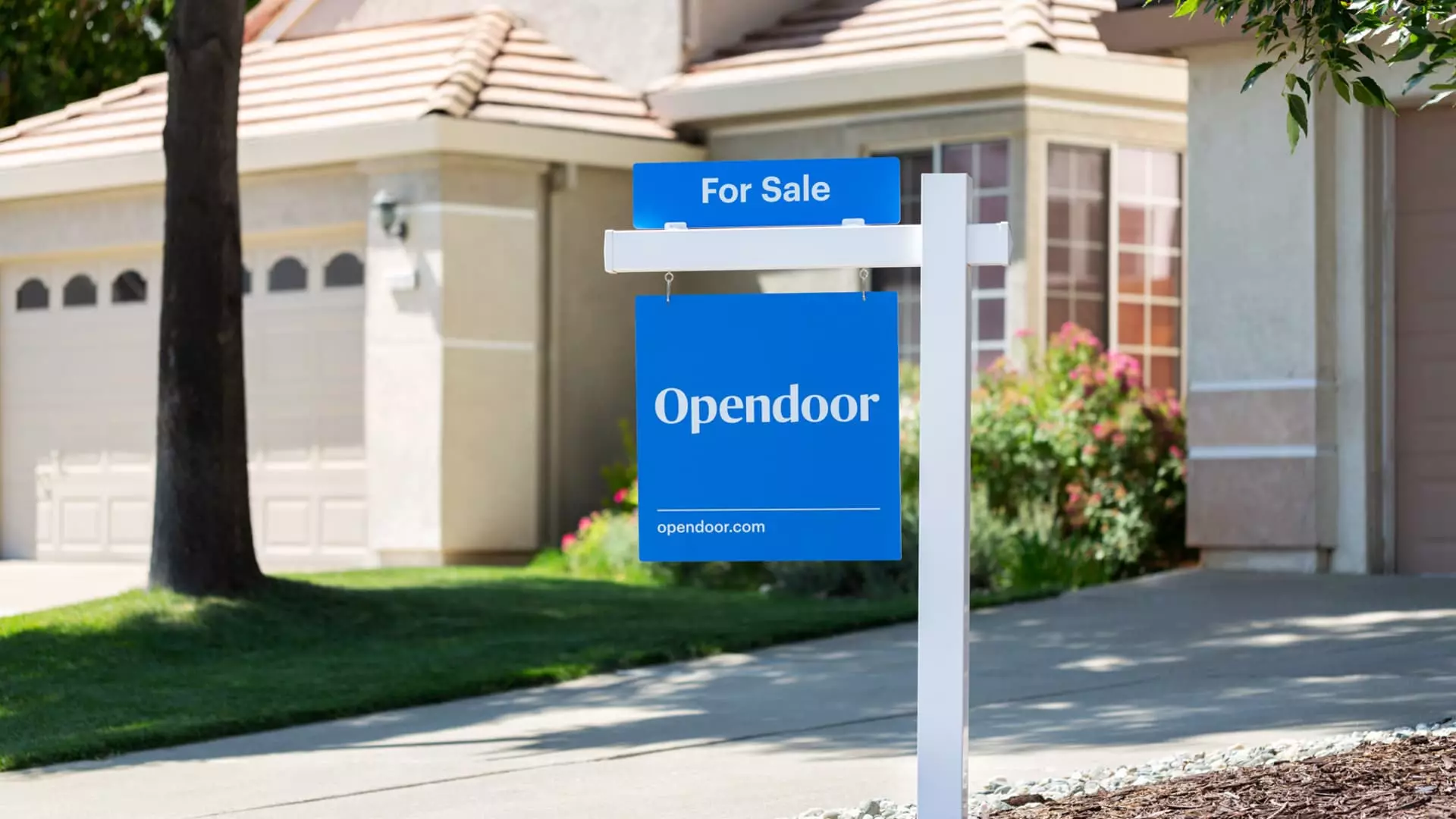In recent weeks, Opendoor Technologies has transformed from a barely noticeable penny stock into a market spectacle, propelled not by solid fundamentals but by an emotional surge driven largely by retail traders on platforms like Reddit. What began as a modest market player unwittingly became a pawn in a high-stakes game of collective exuberance. The rally was fueled more by online hype than any meaningful change in the company’s operations or valuation; a reminder that in the modern financial landscape, hype can sometimes overshadow substance.
The Power of Social Media and FOMO
Reddit’s WallStreetBets community, notorious for orchestrating the GameStop craze, latched onto Opendoor with relentless fervor. Collective rallying cries like “HODLTHE($OPEN)DOOR” exemplify how digital tribes can amplify speculative buying, creating a self-fulfilling cycle of optimism—and ultimately, volatility. This wave illustrates the dangerous influence of social media on markets, where emotional contagion often overrides rational analysis. The rally was less about the company’s intrinsic worth and more about the thrill of participation and the fear of missing out.
Market Dynamics Driven by Short Squeeze and Speculation
The rapid increase in trading volume—over 1.9 billion shares exchanged in a single day—indicates a firestorm of speculative activity, further exacerbated by heavy short interest. Short sellers, cornered and forced to buy shares to cover their positions, unintentionally contributed to the soaring prices. Simultaneously, options trading surged, with call options interest tripling overnight. This combination created a classic recipe for a short squeeze, where the mechanics of market psychology are manipulated by collective speculation, rather than any underlying economic rationale.
The Illusion of Value in a Boston Tea Party
What makes Opendoor’s story troubling is its resemblance to historical speculative manias. Once viewed as a promising tech-enabled real estate startup, its recent meteoric rise seems disconnected from how it actually earns revenue or sustains growth. Instead, the rally underscores how markets can be driven by mass hysteria—an echo chamber of memes, influencers, and social validation. While some may argue that retail traders are exercising their financial independence, this phenomenon risks devaluing genuine market discipline and diverting capital from meaningful innovation to fleeting hype.
The Broader Implications for Market Integrity
This episode raises serious questions about the current state of market regulation and the role of collective enthusiasm. Are we encouraging a culture where irrational exuberance replaces sober analysis? The very tools that facilitate access to trading have become double-edged swords—empowering individuals but also exposing them to reckless speculation. As retail traders chase after memes and hype, the market risks becoming less reflective of economic reality and more a game of collective sentiment, which leaves many vulnerable to the inevitable fall.

